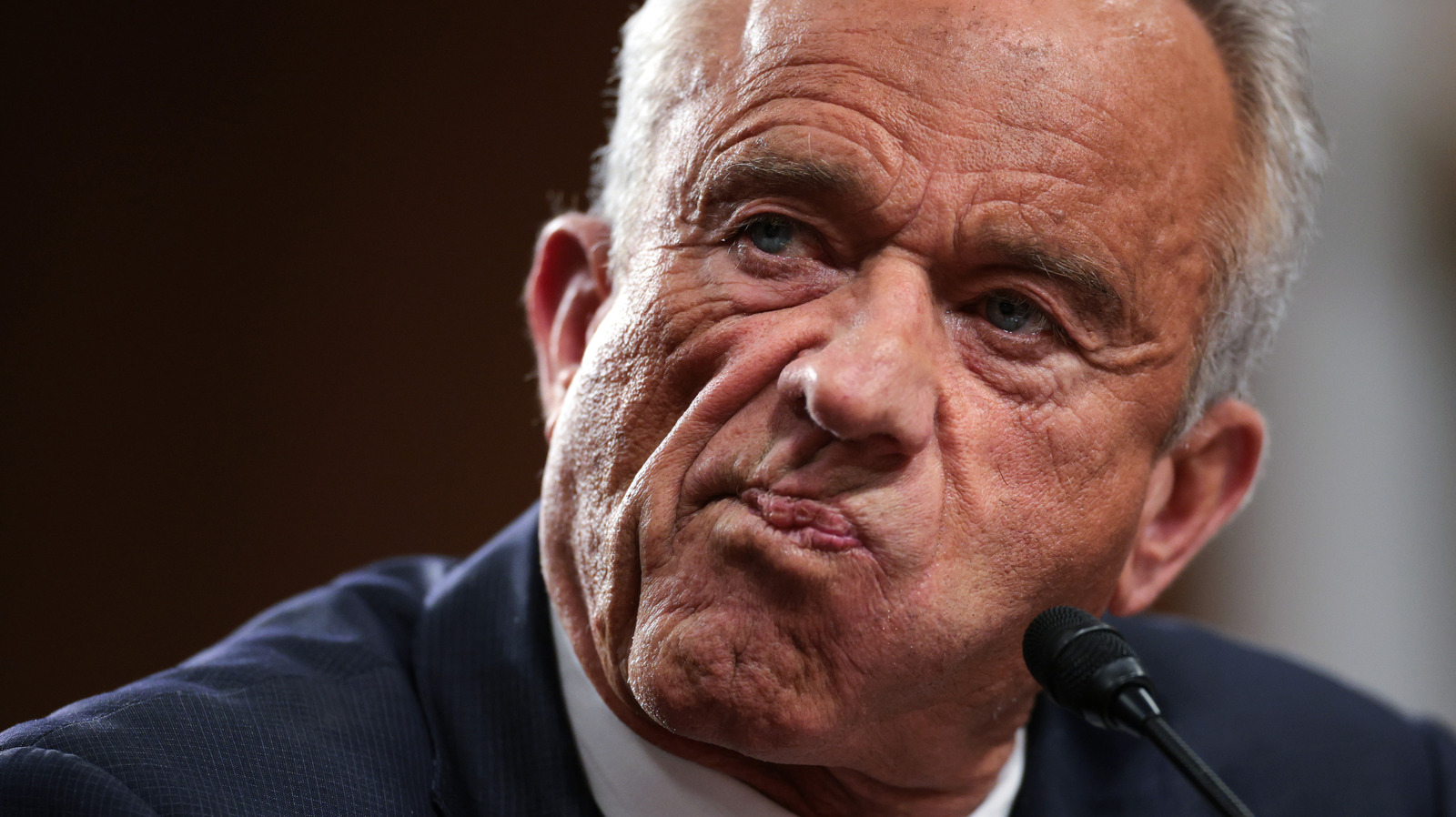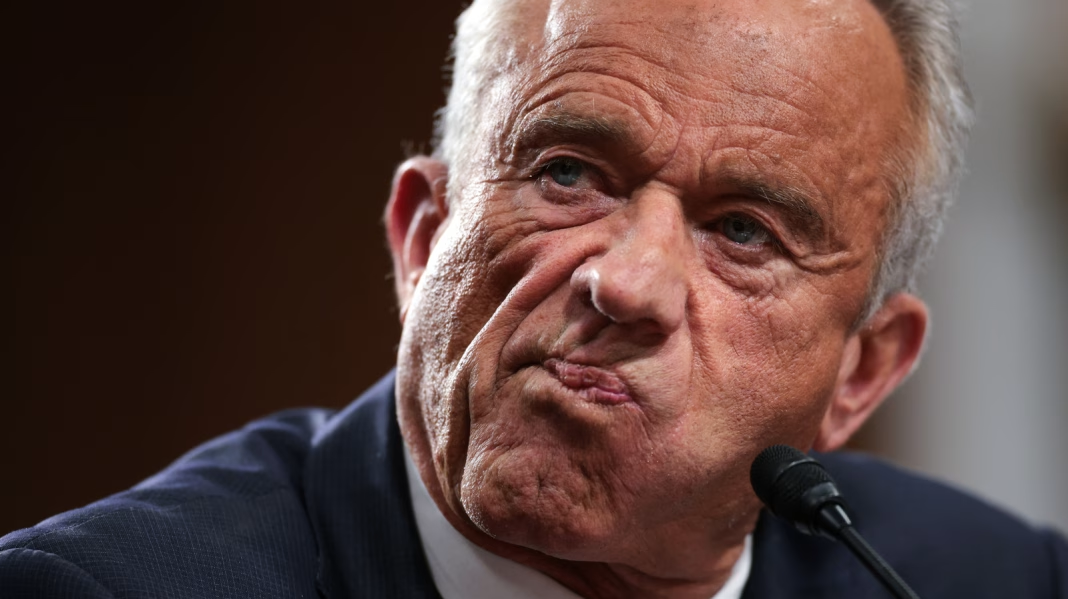A recent chapter from JFK Jr.’s book has sparked quite a discussion around germ theory and its implications for U.S. health policy. It’s fascinating how a topic that many might consider settled can still stir the pot, especially when it comes to public health decisions that affect us all.
What’s the Buzz About Germ Theory?
Germ theory, the foundation of modern medicine, posits that microorganisms are the cause of many diseases. It’s a principle that has guided health policies for decades, shaping everything from vaccination protocols to sanitation practices. However, JFK Jr.’s take on this theory has raised eyebrows. He seems to question the established understanding, suggesting that the narrative around germs may not be as straightforward as we’ve been led to believe.
This perspective is particularly timely given the recent shifts in health policy. With the COVID-19 pandemic still fresh in our minds, many are re-evaluating what we know about germs and how they spread. The implications of JFK Jr.’s views could potentially influence public opinion and, by extension, policy decisions. If people start to doubt the validity of germ theory, we might see a ripple effect that impacts everything from vaccine uptake to hygiene practices.
Why Are Health Policies Changing?
The changing landscape of health policy is often influenced by emerging research, public sentiment, and, sometimes, controversial figures. JFK Jr.’s assertions could be seen as part of a larger trend where skepticism towards traditional health advice is gaining traction. This skepticism can stem from a variety of sources: misinformation, personal experiences, or a general distrust in governmental institutions.
For instance, during the pandemic, we witnessed a surge in alternative health narratives that challenged mainstream science. Some individuals began to question the efficacy of vaccines or the necessity of masks, leading to significant public debate. JFK Jr.’s book adds another layer to this conversation, inviting readers to reconsider what they think they know about germs and health.
Real-World Implications of These Views
So, what does this mean for the average person? If JFK Jr.’s ideas gain traction, we could see a shift in how people approach their health. For example, a growing number of individuals might opt for alternative health practices over conventional medicine. This could lead to a decline in vaccination rates or a resurgence of diseases that were previously under control.
Moreover, public health campaigns might need to adapt. If skepticism about germ theory becomes more widespread, health officials will have to find new ways to communicate the importance of hygiene and vaccinations. This could involve more community engagement, transparent discussions about the science behind health recommendations, and addressing the concerns of those who feel left out of the conversation.
Navigating the Debate: What Can We Do?
In light of these developments, it’s crucial for individuals to stay informed and critically evaluate the information they encounter. Engaging with credible sources, seeking out expert opinions, and participating in community discussions can help bridge the gap between skepticism and science.
It’s also essential to foster an environment where questions are welcomed. Instead of dismissing alternative viewpoints outright, encouraging open dialogue can lead to a better understanding of complex health issues. After all, the goal is to ensure that everyone has access to accurate information and feels empowered to make informed health decisions.
The big takeaway? Germ theory isn’t about perfection—it’s about smarter adjustments. Start with one change this week, whether it’s brushing up on hygiene practices or having a conversation about vaccines, and you’ll likely spot the difference by month’s end.


